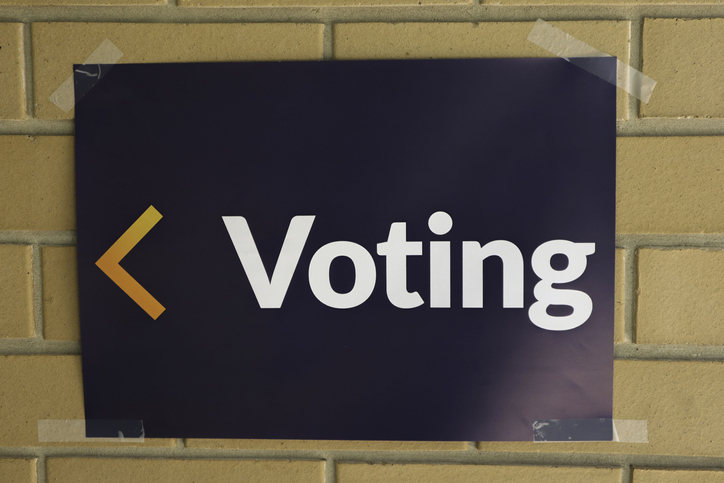Expanded early voting is on the cards for the 2020 ACT Legislative Assembly election planned for October to ensure it can go ahead in a COVID-safe manner.
The COVID-19 Emergency Response Legislation Amendment Bill 2020 (No. 2) introduced in the Legislative Assembly today, 18 June, also introduces the legislative framework for telephone voting so it can be an option to vote for people who are blind or vision-impaired and those with physical disabilities.
Under the Electoral Act 1992, the next ACT Legislative Assembly election is due to be held on 17 October 2020 by attendance ballot.
Under typical electoral conditions, around 300,000 electors would pass through approximately 82 polling places over a three-week early voting period and on election day.
The recommendation to expand early voting was flagged in the ACT Electoral Commission’s special report to the Assembly on the impact of the COVID-19 pandemic on the upcoming election.
The other potential options to deliver the election included: no change to date or attendance ballot format; universal online voting; a universal postal ballot; extend the legislation as per extant legislation; and, defer the election through amended legislation.
According to the report, the Commission considers expanded early voting as the most appropriate and adaptive option due to its advantages in the key areas of public health and safety, electoral staff health and safety, and electoral integrity.
“This expanded early voting model best assures continued electoral integrity, requires minimal legislative amendments, and provides a responsible and adaptive response to mitigate the community health risks of the virus as currently known, and importantly guards against a possible second or further waves of outbreaks that might occur over the period leading up to the election,” the report states.
“Elections are essential to our system of representative democracy,” said ACT Attorney-General Gordon Ramsay. “It is crucial that the upcoming ACT election can be conducted in a manner that is safe, fair and inclusive despite any impacts that might be caused by the COVID-19 pandemic.”
Amendments have also been introduced to support the Electoral Commission implementing a limited overseas electronic voting solution aimed at ensuring more votes can be added to the count in the context of international postal delays due to COVID-19.
Electoral amendments introduced through this Bill are not permanent and will only impact the October 2020 election.
The Electoral Commission will communicate any decisions regarding final voting options and administrative matters such as confirmation of the locations of early voting centres and polling places and operating times.
Supreme Court changes
The Bill will also repeal an existing COVID-19 emergency response measure which allows the Supreme Court to order a judge alone criminal trial.
This emergency measure was introduced in April 2020 in response to the situation at the time, where all jury trials were suspended by the ACT Supreme Court due to the COVID-19 pandemic.
However, the Supreme Court recently decided to recommence jury trials with special measures in place to ensure appropriate physical distancing.



